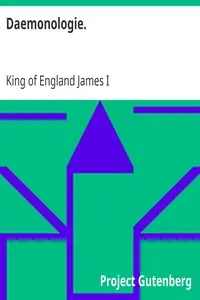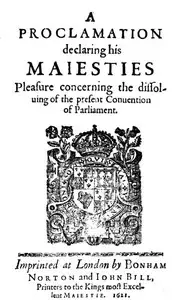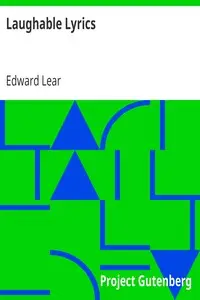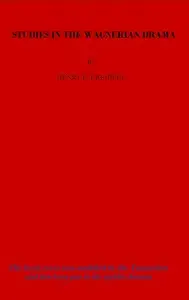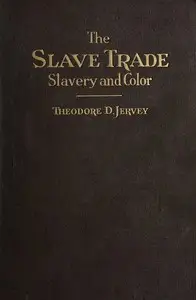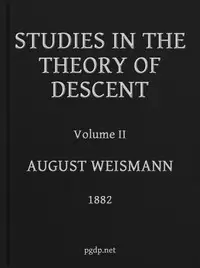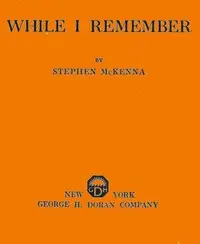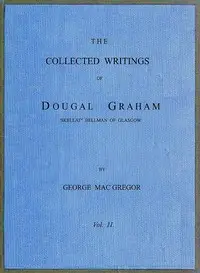"His Maiesties Declaration, touching his Proceedings in the late Assemblie and Convention of Parliament" is a historical account attributed to the King of England, written during the early 17th century. This document details the turbulent relationship between the monarchy and Parliament, highlighting the tensions that arose from the King's assertion of authority over parliamentary proceedings. The likely topic of the book revolves around the intricacies of governance and royal prerogatives during a period marked by political strife and the dynamics of power. In this declaration, the King addresses the rationale behind the dissolution of Parliament, providing a detailed account of various grievances and pressures that led to his decision. He emphasizes his royal prerogative to govern without undue interference, responding specifically to petitions that he deemed beyond the scope of parliamentary authority. The text reveals his frustrations with Parliament's attempts to assert influence over matters seen as traditionally within the King's domain, including questions of royal marriage and foreign policy. The document serves both as a defense of the King's actions and a call for loyalty from his subjects, encapsulating the perennial conflict between monarchical power and parliamentary privilege that would resonate throughout British history. (This is an automatically generated summary.)
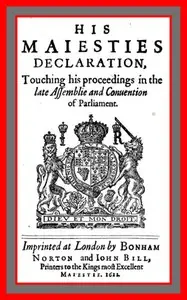
His Maiesties Declaration, touching his Proceedings in the late Assemblie and Conuention of Parliament
By King of England James I
"His Maiesties Declaration, touching his Proceedings in the late Assemblie and Convention of Parliament" is a historical account attributed to the Kin...
Genres
Released
2014-11-21
Formats
mobi (images)
epub
epub3 (images)
epub (images)
mobi
Free Download
Overview
About the Author
James VI and I was King of Scotland as James VI from 24 July 1567 and King of England and Ireland as James I from the union of the Scottish and English crowns on 24 March 1603 until his death in 1625. Although he long tried to get both countries to adopt a closer political union, the kingdoms of Scotland and England remained sovereign states, with their own parliaments, judiciaries, and laws, ruled by James in personal union.
Total Reviews
10.0k
Total reviews from Goodreads may change



